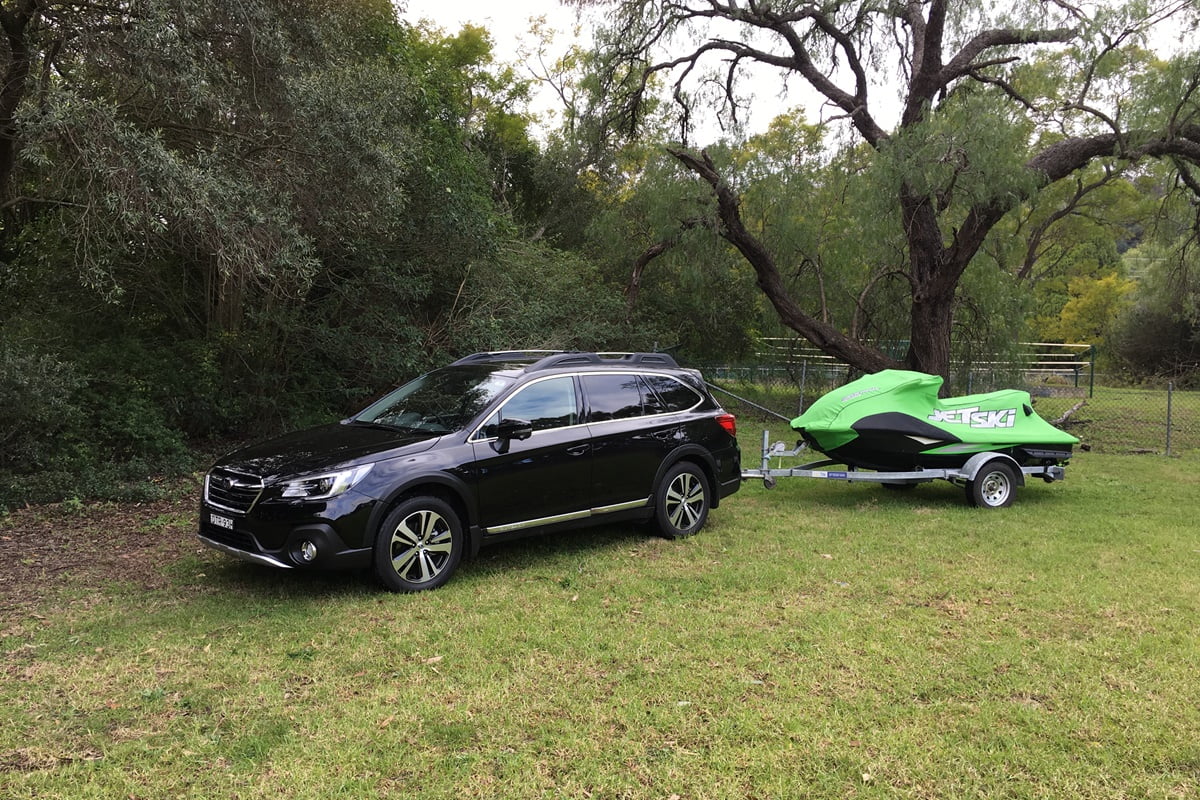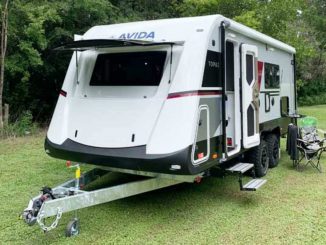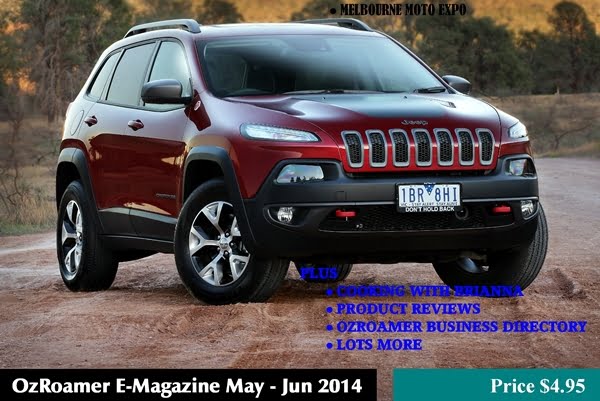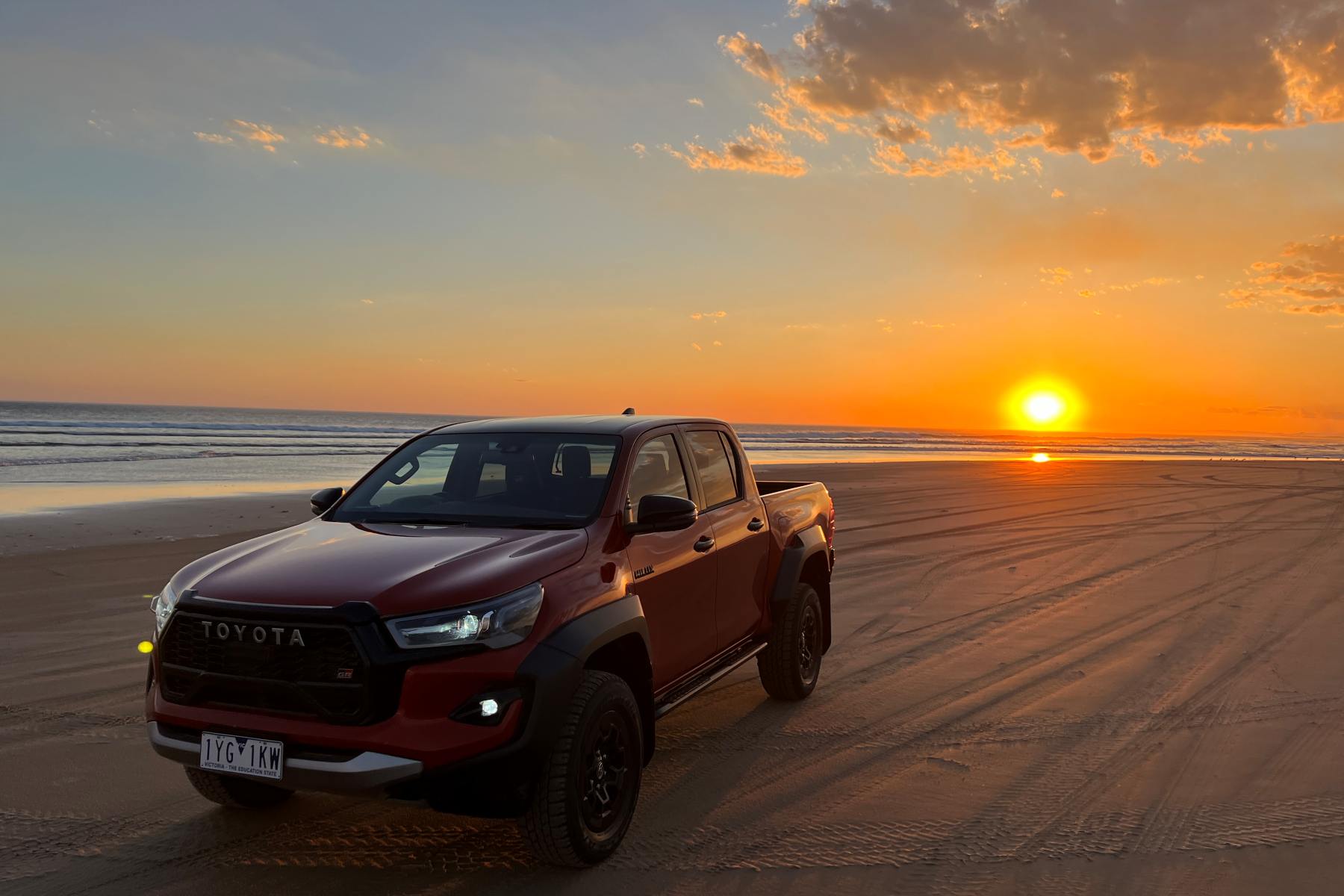 When choosing the right tow vehicle, what comes first the chicken or the egg?
When choosing the right tow vehicle, what comes first the chicken or the egg?
Deciding on what type of towing you are doing, will have a big bearing on what type of vehicle you choose.
Are you towing a see doo, a camper trailer, horse float or large caravan? Do you want to stay purely on the roads, venture slightly off road or be adventurous and go far off the beaten track?
The best tow vehicle is the one that suits your needs. Simple really! Once you decide on what type of vehicle you need, finding one for the right price is important. Most buyers approach car dealers with trepidation. That is the place for another article.
However once you get the best price, finding the right finance deal is equally as important to the overall cost of ownership.
Get the Best Finance Deal
To many car buyers one car loan is the same as the other. And they have usually exhausted their energy in finding the right car at the right price, finance is usually an afterthought.
We know though that certainly isn’t the case with not only an array of different car finance providers available to car buyers, but also different financing options available, even from the same financier.
A novated lease might be a great fit for you, or maybe a three-year loan works better for you than a five-year loan?
The best thing to do from the get-go is to use a car loan calculator.
A free tool, the Car loan calculator at Stratton Finance is easy to use and allows you to accurately calculate what your monthly, fortnightly or weekly car loan repayments will be.
While using the car loan calculator you can also work out what your ideal loan term will be (in weeks, months or years), and calculate your loan around what your residual value (any balloon value) might be.
Using a car loan calculator is a must before signing up for finance.
Get the right tow vehicle
Tow vehicles can come in all shapes and sizes; they can be petrol or diesel, automatic or manual, car, SUV or ute etc. Here we will run through a few of the choices, what works with what and hope to help you decide what you need. These are the questions that all buyers have to answer.
If you have an existing vehicle and are not looking to replace it then you may already have some decision parameters made for you. Make sure that your existing vehicle can tow the trailer, whatever it is, legally and safely.
If you are buying an on road trailer then you have the widest choice. You can choose a normal sedan or hatchback as long as you match the tow rating of the vehicle to the trailer.
Buying a normal sedan, wagon or hatchback has its advantages in savings on purchase and running costs that can be substantial and you have a normal car to run around in when you’re not towing.
Power is usually not a question and even some of the mid-sized sedans have adequate towing capacity for small to medium size trailers.
However even if you are only keeping to the roads you may want to buy a 4WD or SUV to allow more adventurous exploring from your base camp when you are travelling or towing something heavier, like a horse float or larger caravan.
Unquestionably the most popular tow vehicle is the larger 4WD followed by the 4WD dual cab ute. For the larger on road camper trailer or an off road version then you have little choice but to go for the 4WD vehicles.
For the most part they have a higher towing capacity, higher tow ball ratings and stiffer springs. For the heavier loads the bigger 4WDs have a 3500kg towing capacity and a 350kg tow ball rating
One thing to keep in mind is that when towing, an added safety feature is having excess capacity i.e. not towing a trailer that is at the limit of the tow vehicle’s capacity. This places much less stress on the vehicle and driver.
Remember that phrase – it’s horses for courses when it comes to tow vehicles.
This is Part 1 of a small series on tow vehicles, stay tuned for more articles soon.
Top 12 Hints:
- The best tow vehicle is the one that fits the drivers’ needs.
- Overall costs of the vehicle are to be taken into account. Finance plays a key part here and places like https://www.strattonfinance.com.au/ can help you decide how to minimise that cost
- Money spent to set up the tow vehicle properly is money wisely invested.
- Never exceed the vehicles CVM (combined vehicle mass) and do not exceed the tow ball weight and towing capacity of the tow vehicle.
- Weight distribution hitches DO NOT reduce tow ball weight.
- Ideally the vehicle is as heavy as or heavier than the load it is carrying.
- No matter what type of engine maximum torque is better low in the rev range.
- You will almost definitely need suspension help to tow.
- You will need additional brakes for all but the smallest trailer.
- You will probably need extra transmission cooling if it’s an automatic.
- You will use heaps of fuel, just less in a diesel.
- You will place extra strain on the vehicle so have it serviced more regularly.



